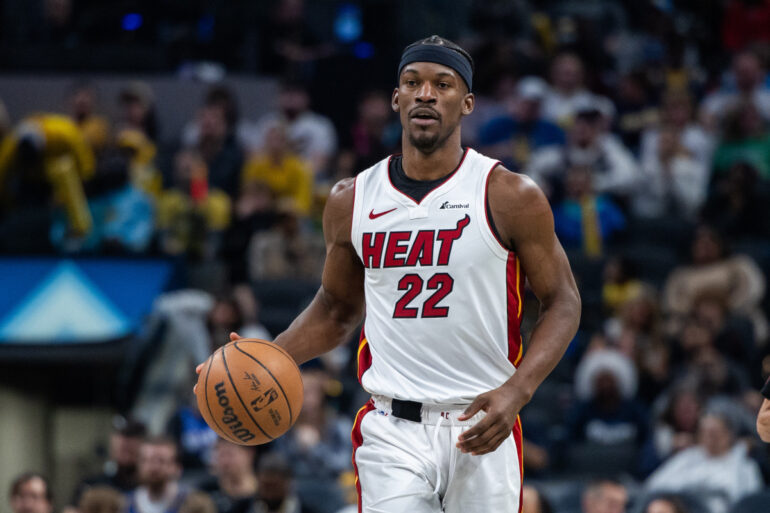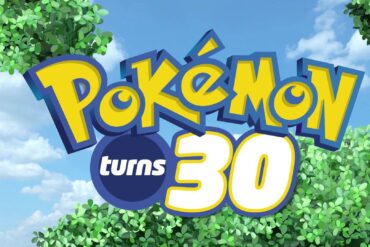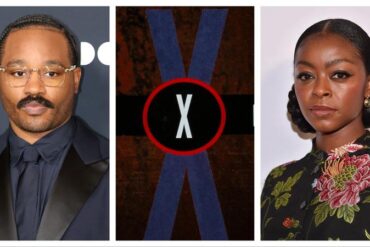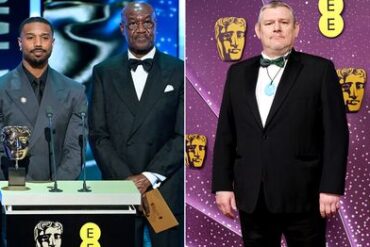While the rest of the NBA was playing poker, Jimmy Butler was orchestrating a chess match. And in both games, the goal remains the same—force your opponent into submission. Butler is a man who thrives in zero-sum scenarios.
This time, Miami was his opponent, and he wanted out.
By now, the intricate details of Butler’s standoff with the Heat have been dissected. It started in December when he mysteriously sat out for 10 days following a game against Oklahoma City, citing illness. On Christmas Day, reports surfaced that Butler was growing frustrated and seeking a trade. Team President Pat Riley tried to shut down speculation, but the situation only worsened.
When Butler returned, he found himself embroiled in multiple disciplinary issues. The team cited conduct detrimental to the franchise and suspended him for seven games on January 3. Then, after missing a team flight to Milwaukee and defying the team’s decision to ground him, another two-game suspension followed. His final straw? A heated dispute over losing his starting spot on January 27, after which he left the facility. Hours later, the Heat issued an indefinite suspension.
Miami, at last, gave in. A trade was now inevitable.
The Rift Between Butler and the Heat
But why did Butler so desperately want out of the team he had led to two NBA Finals appearances?
“Believe whatever you want, but you’re not around me every day,” Butler told ESPN. “There’s always two sides to every story, but only one has been told.”
Would he ever tell his version?
“I doubt it,” he said. “But if I do, I’m telling it to Shaq.“
For those familiar with Heat history, that comment isn’t cryptic. Shaquille O’Neal had a legendary fallout with Pat Riley during his time in Miami. The two nearly came to blows during practice in 2008, and stories of Riley’s iron-fisted leadership have been retold for years. From grueling eight-hour practices to verbal clashes, “Heat Culture” is defined by toughness, discipline, and control.
Butler’s departure has been framed as a rejection of that culture. He insists it was more than that.
“I did my job,” Butler said. “We didn’t see eye to eye on some things.”
One of those things? His contract extension.
Riley made it clear in May that the Heat weren’t ready to commit to extending a player who had missed one-third of regular-season games. He also publicly dismissed Butler’s claim that Miami would have beaten Boston or New York in the playoffs had he been healthy.
That friction, however, wasn’t what pushed Butler out the door.
His frustration stemmed from Miami’s failure to bring in more talent to help him chase a title. After two Finals runs in four years, Butler expected reinforcements. Instead, the Heat reduced his offensive role.
According to ESPN Research, Butler averaged:
- 56.5 touches per game (his lowest since joining Miami)
- Only 11.4 ball-handling possessions per game (also a career-low in Miami)
- A shift to corner spacing (7.6 on-ball screens per game, his highest since joining Miami)
The results?
His 17.0 points per game were the lowest since his 2013-14 season.
The Heat, in their defense, argue that injuries forced them to adjust. Butler had only played 58 games per season since arriving in 2019. The last time he played 65 games—the league’s new minimum for awards eligibility—was 2018-19.
That disconnect widened the gap between Butler and Miami’s front office.
The Power Struggle and the Breaking Point
When Butler sprained his ankle on November 8 against Denver, he requested to rehab in Southern California—a request Miami had previously allowed. But this time, Riley refused. He wanted Butler to stay connected with the team while recovering.
Butler was furious.
Despite that, he played well after returning, posting a 35-point, 19-rebound, 10-assist triple-double against Detroit on December 16.
But that Oklahoma City game changed everything. Butler played only seven minutes, took zero shots, and suddenly disappeared from the lineup.
By January 7, Riley tried one last time to fix the situation. The team suspended him for seven games, angering the players’ union. Riley hoped an honest conversation could patch things up, even offering to lift the suspension early.
Even team owner Micky Arison—on vacation in the Caribbean—docked his yacht in the Bahamas to meet Butler.
But the meeting was disastrous.
Butler doubled down on his trade request and vowed to never sign another contract with Miami.
Reports later surfaced that Butler called Riley “unhinged” in their meeting. The Heat fired back, claiming Butler was the one who “lost control” when speaking with the Arisons.
The relationship was beyond repair.
The Trade Market: Suns or Warriors?
With the Heat finally agreeing to a trade, two teams immediately jumped to the front of the line:
The Phoenix Suns and the Golden State Warriors.
Butler preferred Phoenix because they were willing to extend his contract and pair him with Kevin Durant and Devin Booker. The problem? The Suns needed to move Bradley Beal’s massive contract—something they couldn’t pull off.
Phoenix tried for weeks to create a three-team deal, but Beal’s no-trade clause ruined every attempt. The only teams willing to take Beal were Washington and Atlanta, but they never made a serious offer.
Meanwhile, Miami found a simple one-on-one trade with Golden State. The package?
- Andrew Wiggins
- Golden State’s 2025 first-round pick (currently projected in the lottery)
There was irony in this deal.
Back in 2019, when Butler first joined Miami, Riley asked him: “Who’s the most talented player you’ve played with?” Butler didn’t hesitate. “Andrew Wiggins,” he said.
Five years later, the two were traded for each other.
By early February, the deal was done. The Heat felt Wiggins fit better alongside Tyler Herro. Butler, meanwhile, had secured a fresh start in Golden State.





